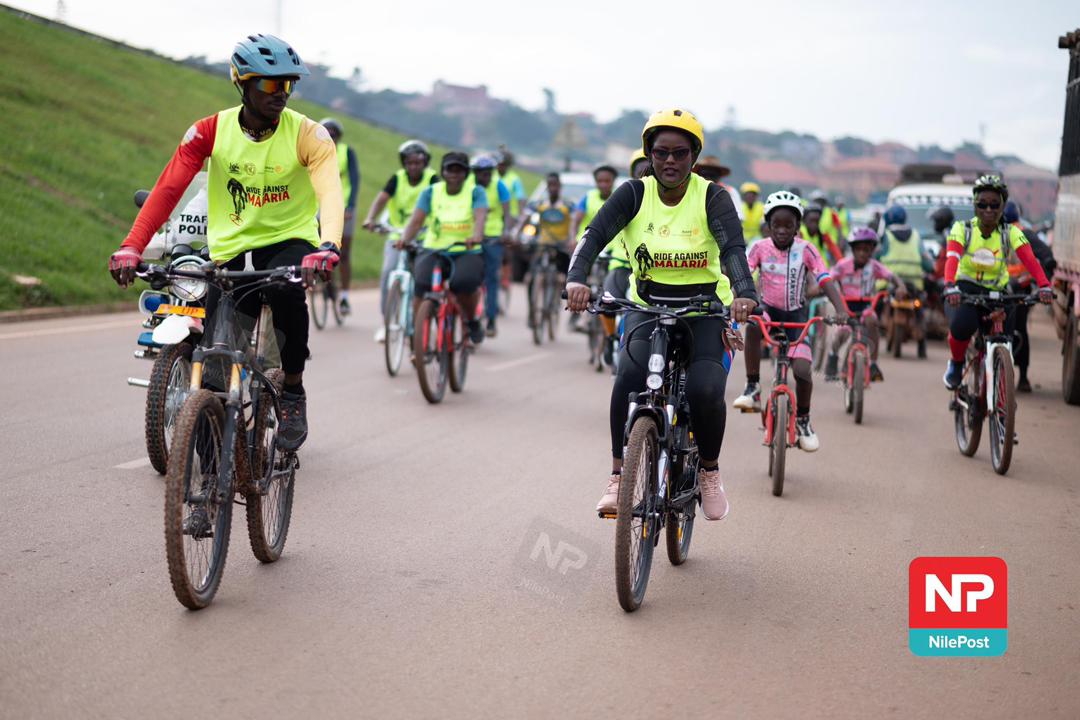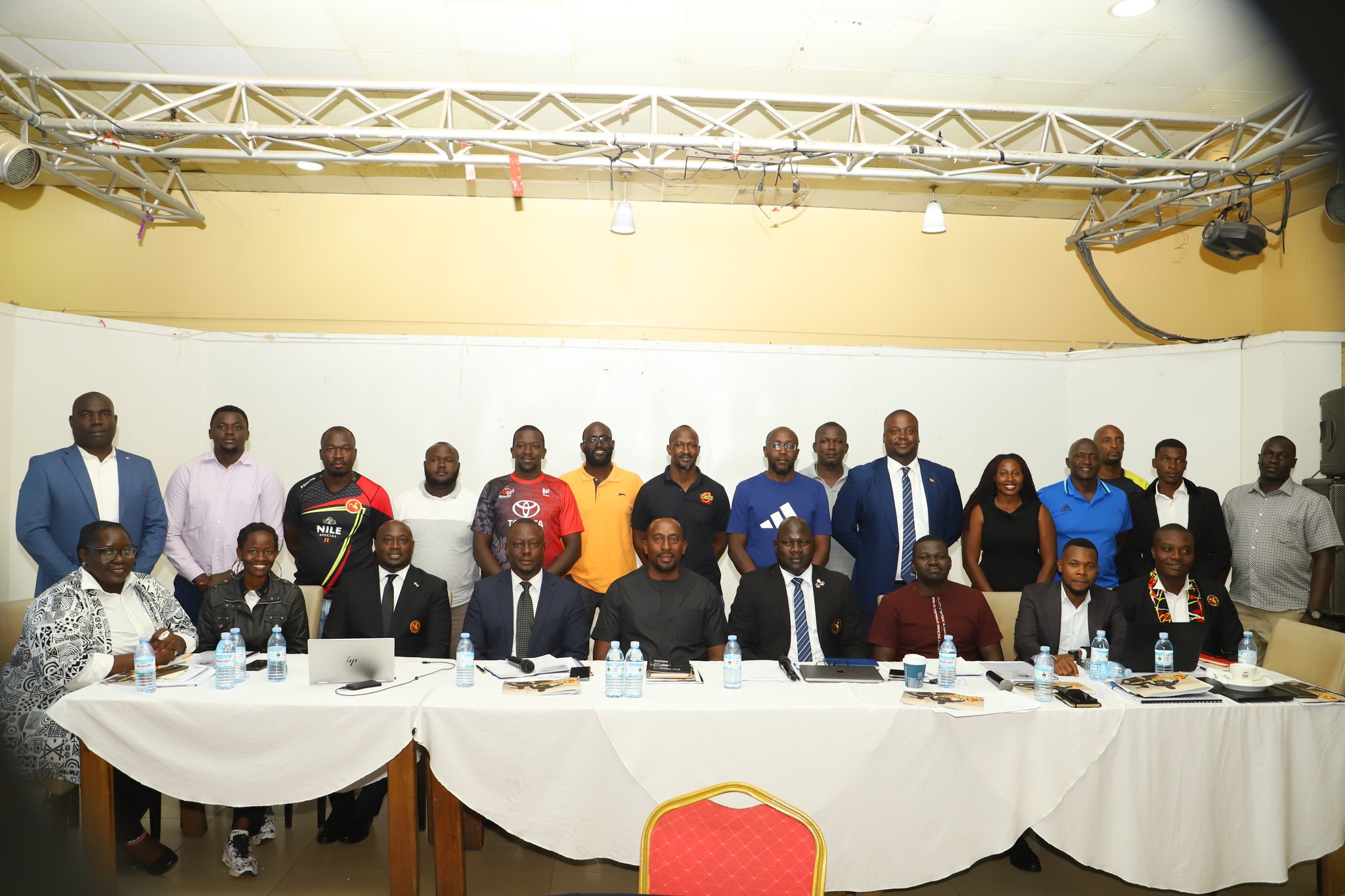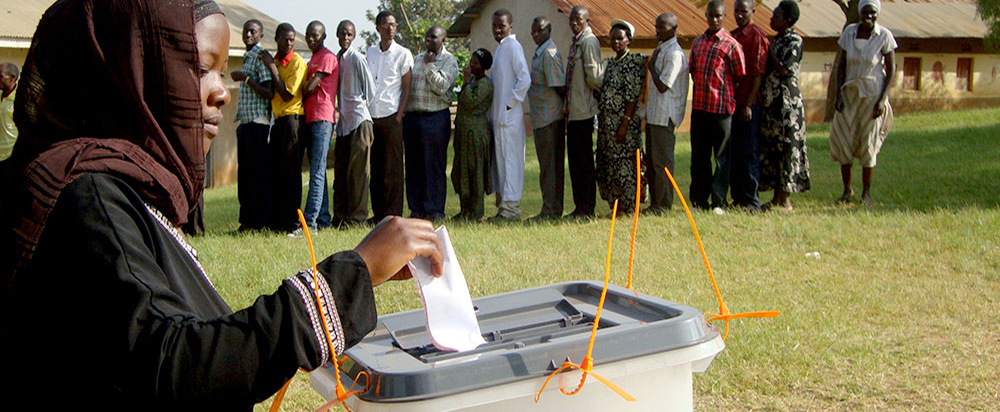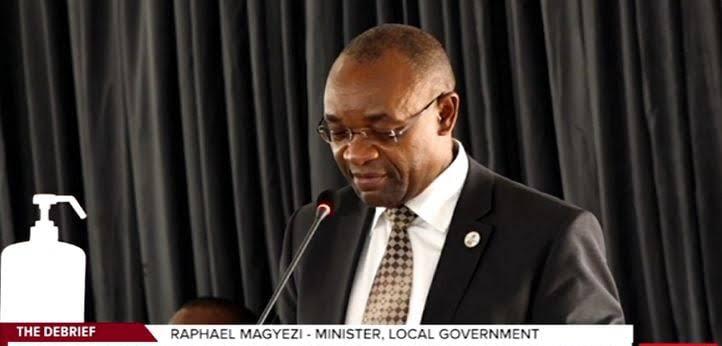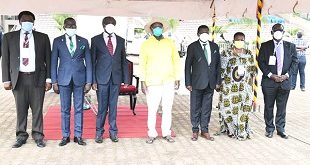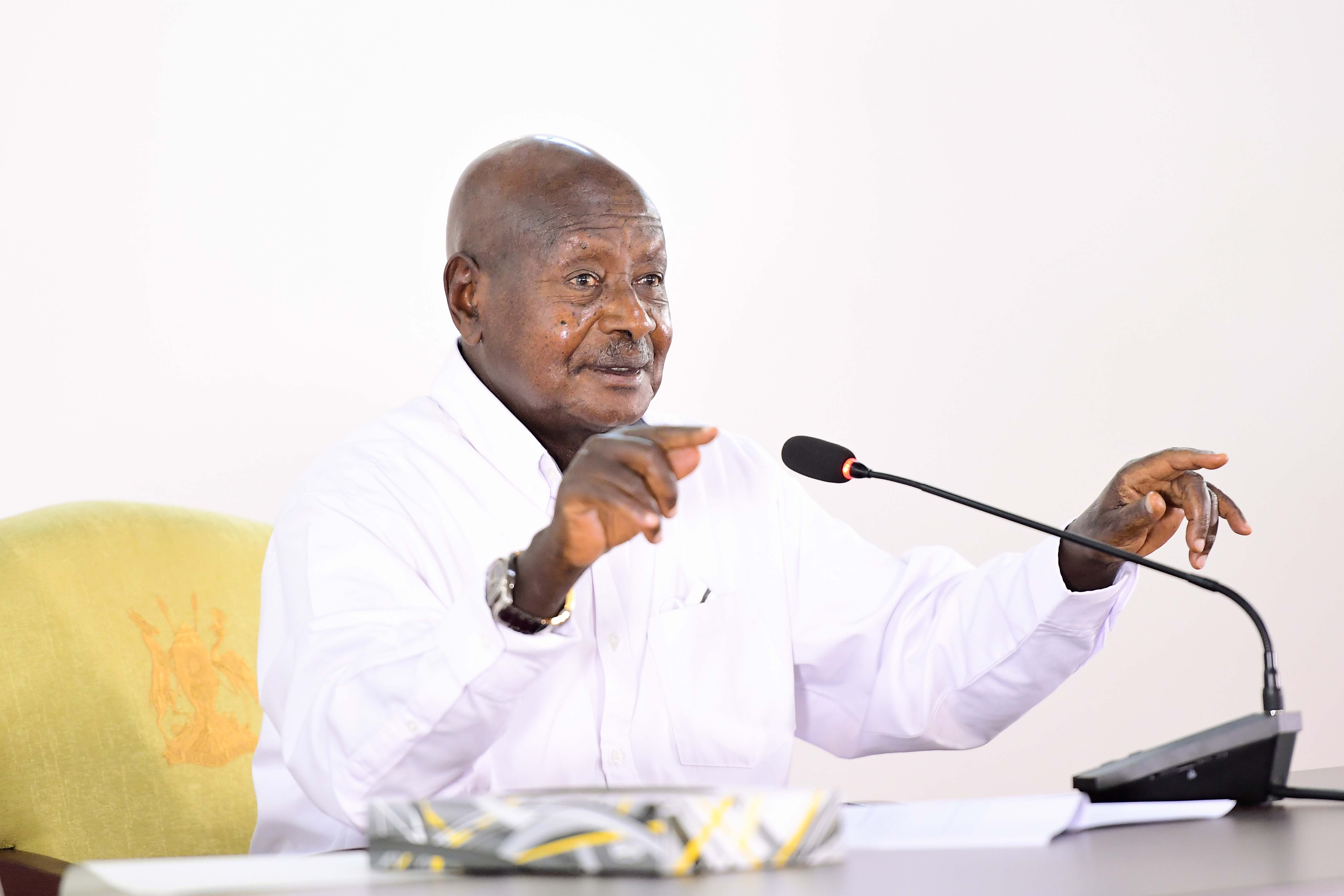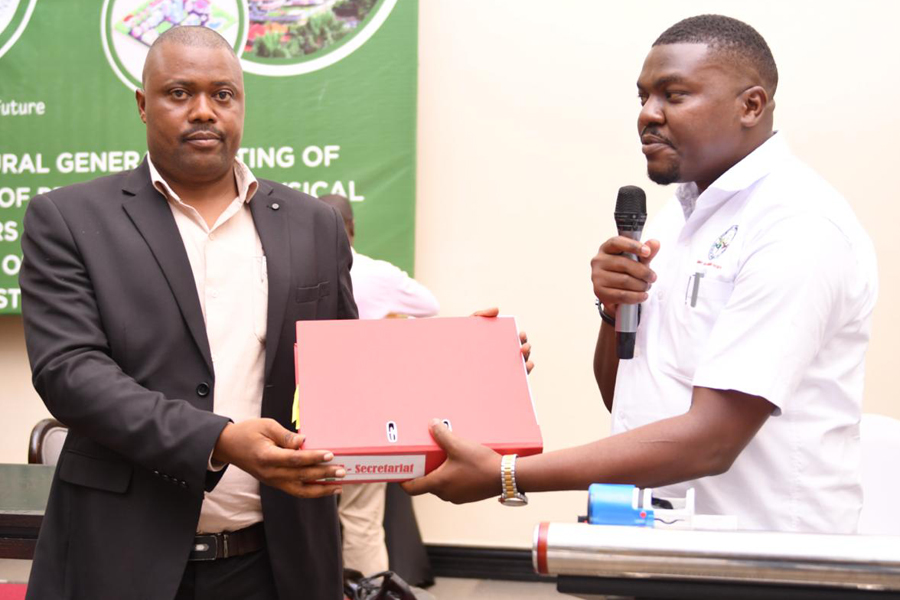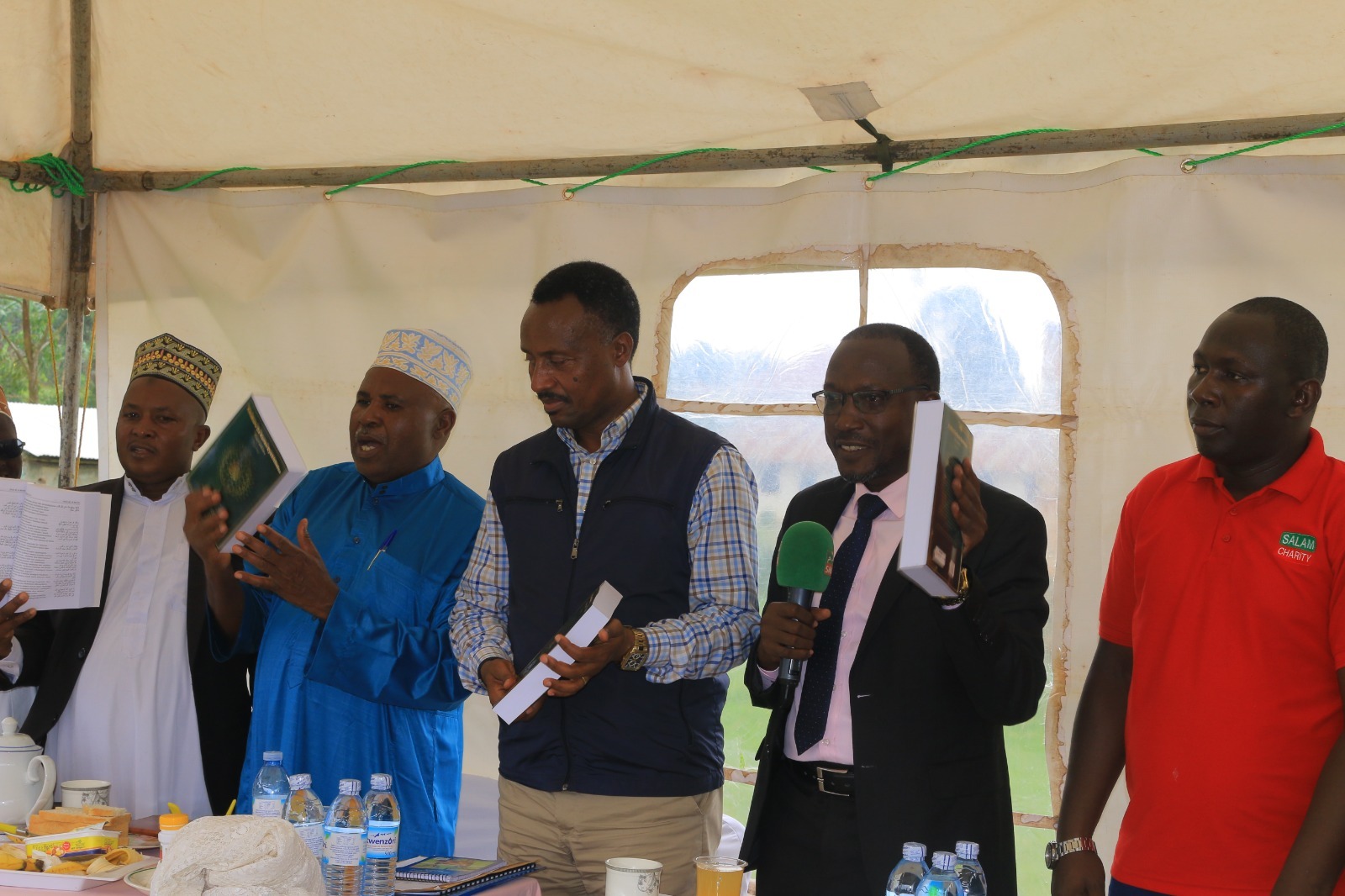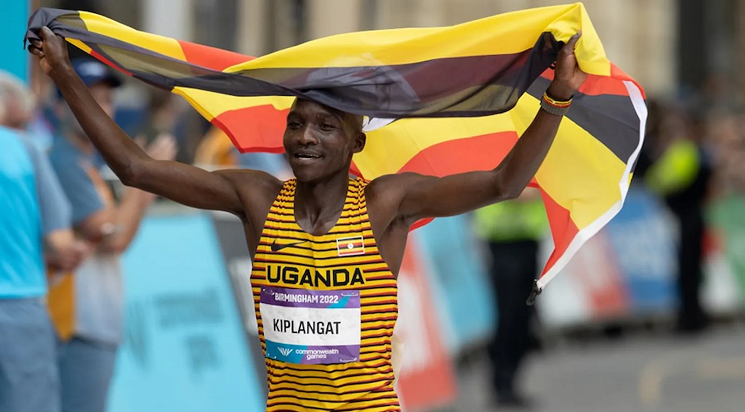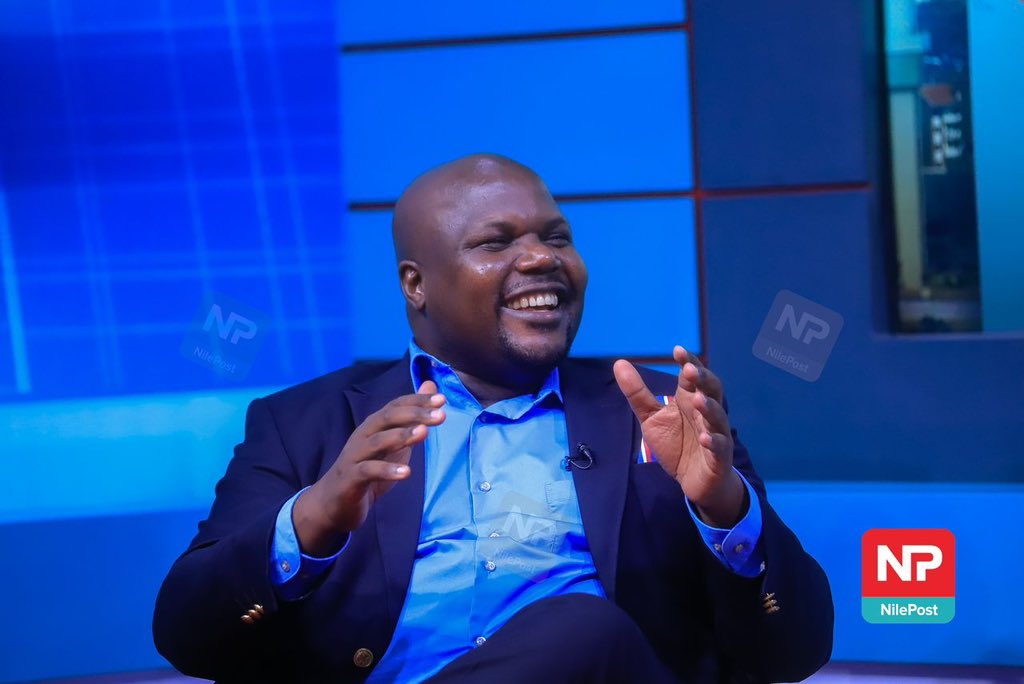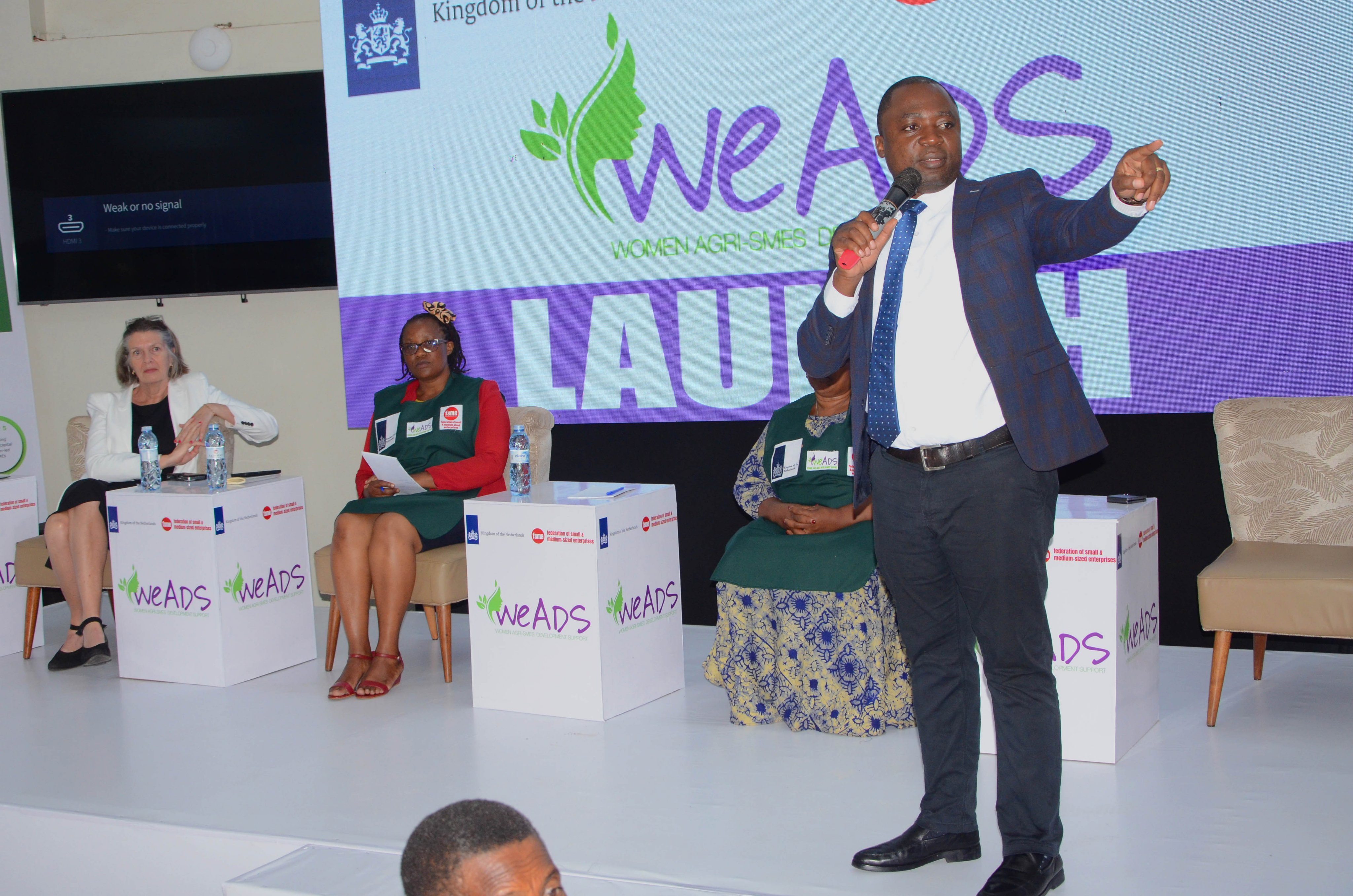Self reliance model for refugees in Uganda is the best option
Refugees in Uganda face multiple and intersecting challenges. With funding for refugee programmes dwindling especially after the COVID 19 era and increasingly unpredictable weather conditions.
The United Nations World Food Programme (WFP) has collaborated with the government of Uganda and other partners to support refugees and host communities transition from depending on humanitarian assistance to meeting their own food needs.
Keep Reading
The self-reliance model, funded by the governments of Ireland and Norway, will invest over USD 15million to promote income generation among refugees, increase their access to social protection, support social norms change, and equip refugees with financial skills.
“WFP is committed to implementing projects that address the root causes of the challenges expressed by the people we serve. Over the years, refugees have communicated clearly their desire to be given the tools to take care of their families so they can live a fulfilling and dignified life,” said Abdirahman Meygag, WFP Uganda Country Representative .
The project will first be implemented in Southwestern Uganda and West Nile, which have some of the oldest refugee settlements in the country.
Having stayed in Uganda for many years, these refugees can generate their own income through agriculture. The fertile soils and two adequate rainy seasons are particularly conducive for refugees to engage in farming as a business.
WFP is already supporting communal farming for refugees and host communities by providing them with solar-powered irrigation to produce enough to eat and sell through their vegetable gardens.
Farmers have also returned to their communities to share knowledge and encourage others to grow food on their small parcels of land. Under the Self-Reliance Model.
“Uganda has become an example of what is possible when we prioritise humanity over fear, compassion over division and solidarity over indifference. As the country that hosts the highest number of refugees in Africa, we know from experience that there is need for comprehensive development approaches that go beyond immediate humanitarian support," said Hilary Onek, Minister for Relief, Disaster Preparedness and Refugees.
Of the 1.5 million refugees Uganda hosts, 1.4 million receive support from WFP as Conflict and climate crises in the region continue to drive the influx of refugees into the country.
In 2023, at least 130,000 new refugees arrived in Uganda, most fleeing conflict in South Sudan and the Democratic Republic of Congo.
“The Self-Reliance Model is an example of a model that will enable not just WFP but also other UN agencies,partners and government to not only implement self-reliance projects but be able to measure progress,learn and improve services," Susan Ngongi Mamondo, United Nations Resident Coordinator in Uganda.



